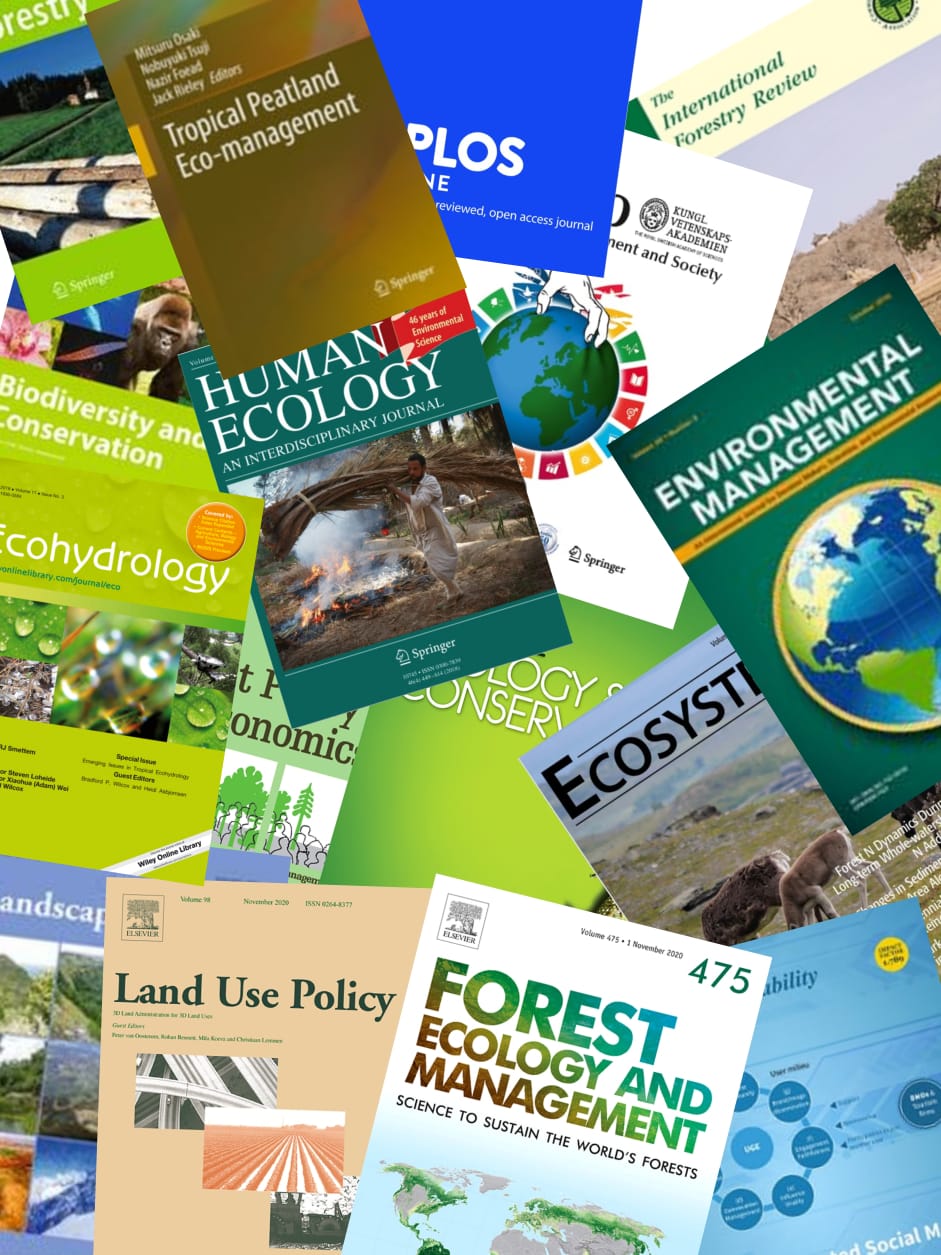Taking an historical perspective, this article explores the social, economic, and political context of deforestation and watershed degradation in the highlands of northern Thailand. After the Second World War, the Thai government began promoting the colonization of the highlands, encouraging lowland landless farmers, agribusiness, and logging companies to colonize and deforest the highlands. In the 1980s, the Thai government declared the closure of the frontier and gave the Royal Forest Department (RFD) the role of protecting the nation's forests and reforesting the denuded areas. Based on information gathered in a Hmong village and an RFD station, the article argues not only that the RFD is unsuccessful in dealing with the problems, but that its policies ultimately lead to further deforestation, worsen the present water imbalance, and result in the harassment of the resident ethnic minorities, who are held responsible for the negative effects.
View source

